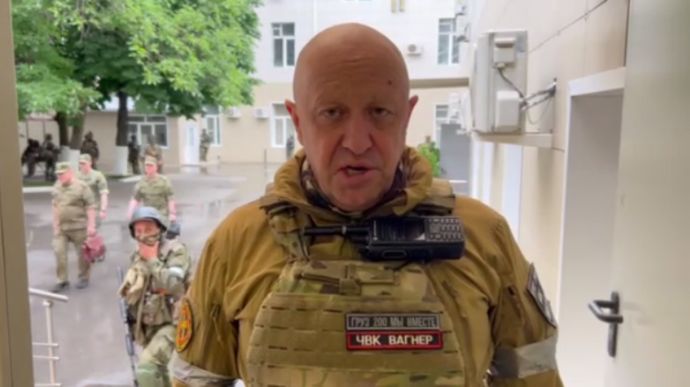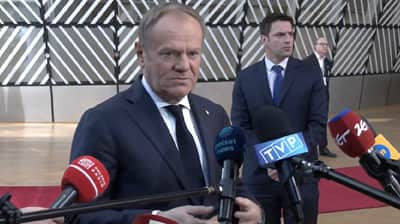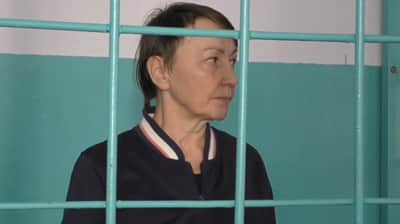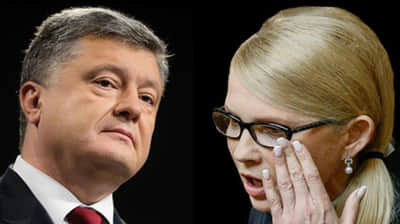Wagner Group to be transformed, its rebellion leaving no gap on front lines – NYT

US officials and analysts believe that the Wagner Group's rebellion, led by Yevgeny Prigozhin, did not open up any "gaps in Russia's defence" and did not help Ukraine at the front.
Source: The New York Times
Quote: "Ukraine will surely look to take advantage of the chaos caused by Mr. Prigozhin, but there did not seem to be any immediate defensive gaps to exploit, according to American officials and independent analysts.
And Mr. Prigozhin’s march, at least according to a preliminary analysis, did not cause any Russian units on Friday or Saturday to leave their positions in southern or eastern Ukraine to come to Moscow’s defence, American officials said.
While the drama was unfolding, there was no letup in the war: Russian forces fired more than 50 missiles across Ukraine before dawn on Saturday."
Details: The New York Times notes that the "mutiny" ended as quickly as it began: the next day it was announced that Prigozhin would end his march on Moscow and agree to "exile to Belarus".
The Kremlin announced that Wagner Group forces who did not take part in the rebellion would be allowed to sign contracts with the Ministry of Defence. Those who joined the convoy marching towards Moscow would not be prosecuted.
"The statement suggested that Wagner in its current form would no longer exist," the outlet states.
The NYT has added that it remains an open question how many Wagner soldiers will be ready to fight under the auspices of the Russian Ministry of Defence.
It is noted that Wagner has been an important tool of Russian foreign policy, especially in Mali, the Central African Republic, Syria and other countries.
"While the group will most likely be transformed under the Defense Ministry’s control, it is not certain that the Kremlin will let it fade away as an effective fighting force. And, Mr. Prigozhin may also have some next move yet to play out," the NYT adds.
Previously: The Institute for the Study of War (ISW) has suggested that the armed attack by the Wagner PMC on Russia's military leadership in Rostov-on-Don would have a significant impact on the war, while CNN suggested that Prigozhin's mutiny would facilitate Ukraine's counteroffensive and could change the course of the war in its favour.
Background:
- On the evening of 23 June, the leader of the Wagner Group, Yevgeny Prigozhin, said that the Russian regular army had launched a missile attack on the mercenaries' rear camps. As a result, 25,000 of Prigozhin's mercenaries were allegedly going to "restore justice".
- On the morning of 24 June, Yevgeny Prigozhin, Head of the Wagner Private Military Group (PMC), claimed that he had taken control of the military facilities in Rostov-on-Don, including an airfield, and that his soldiers had already shot down three Russian helicopters; he said that they were "heading for Moscow". Wagner PMC mercenaries seized military facilities in the Russian city of Voronezh.
- In an emergency address, Russian President Vladimir Putin said that there were attempts to "organise a coup" in the country. Ukraine’s Defence Intelligence stated that he urgently left Moscow and went to Valdai.
- In the evening of the same day, after a conversation with the self-proclaimed President of Belarus, Alexander Lukashenko, Prigozhin said that his mercenaries were returning to their field camps. The criminal case against Prigozhin was promised to be closed, and he was to "go to Belarus".
- According to Russian pro-war media and Telegram channels, during the rebellion, Wagnerites shot down an Il-22M aircraft (command post) and six Russian army helicopters, killing 13 to 20 people. 19 houses and roads were damaged during the march of Prigozhin's private army in Russia.
Journalists fight on their own frontline. Support Ukrainska Pravda or become our patron!






